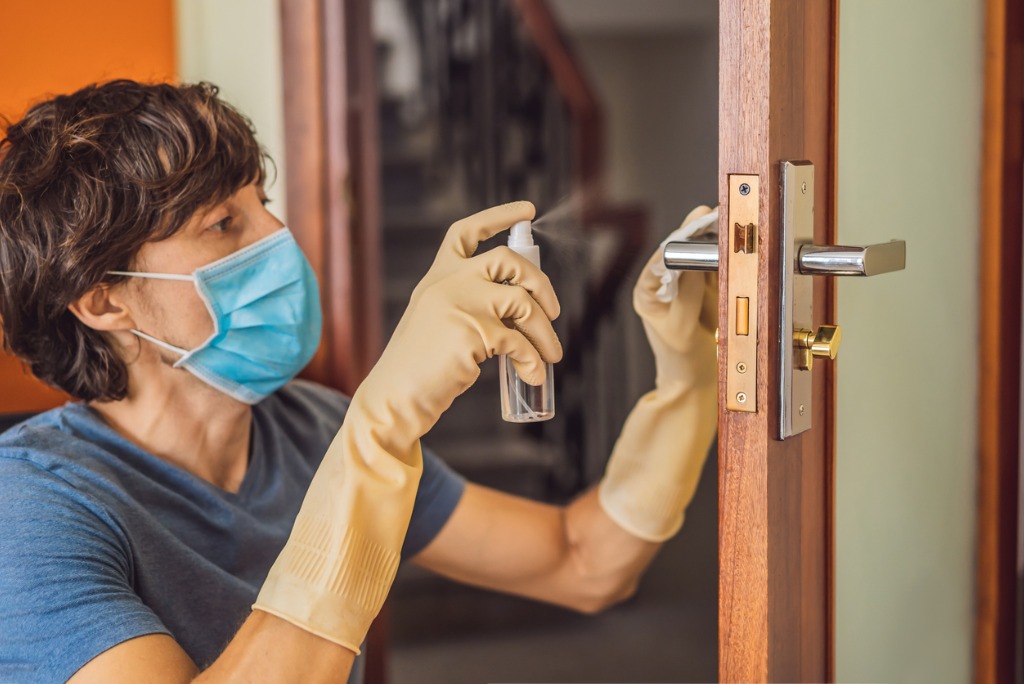Obsessive-compulsive disorder (OCD) is a common mental illness that affects people of all ages, races and genders. Individuals affected with this disorder often have trouble recognizing and managing their obsessive, recurring thoughts, which lead them to engage in compulsive and repetitive behaviors. Luckily, people with OCD can live full and complete lives with some simple OCD tips.
Symptoms of OCD
OCD presents itself in a number of ways. Some of the symptoms of OCD are:
- Intrusive and unwanted thoughts. These thoughts might be something you consider to be morally wrong or distressing, like thoughts about killing someone, or they might have no moral content at all.
- The use of mental rituals. These rituals occur because individuals with OCD believe that these actions will make them feel better. With OCD, the compulsions to complete these rituals become uncontrollable and take up a lot of time that a person could spend doing other things that make them happy.
- Fears about causing some horrific event to happen to themselves or to loved ones.
- A need to do things repeatedly, like washing hands for a long time or checking that the door is locked over and over again.
- An intense fear of germs and dirt, or other objects that might carry germs, such as doorknobs.
- An exaggerated fear of various types of intruders getting into your house.
- A need to constantly check things like clocks or stove burners.
- An extremely persistent belief that something terrible will happen if you do not engage in compulsive actions.
- Counting items in order to calm yourself down.
Tips for Managing OCD Symptoms
Living with OCD can appear debilitating at times because it can interfere with your ability to live a happy and normal life. The most important thing to remember is to not let it completely take over your life. OCD is a disorder that should be treated like any other mental disorder, with professional help and support from friends and family.
Here some tips on how to live with OCD
- Make a plan for when you get the urge to engage in compulsive behavior.
- Stay true to your convictions. It is important to have the strength and courage to say no when OCD tells you otherwise. Resist the urge that may try and bully you into compliance – that urge is pathological and does not need to be obeyed.
- Cognitive behavioral therapy can be helpful in managing thoughts, identifying behaviors, and understanding why you are having these impulses in the first place.
- Keep a journal of compulsions and resistances, which may help you to see patterns in your behavior. Even if you do not share it with anyone else, writing down your thoughts may help you to connect with your obsessions.
- Accept that the thoughts will come, but do not be afraid of them.
- Work on changing your thoughts by reframing them and exposing yourself to what you are afraid of without trying to avoid it.
- Apply the words “This is OCD” as a mantra whenever you feel like doing something compulsive; for example, if you find yourself having obsessive thoughts about checking the stove.
- Try delaying your compulsions for a short period of time, which can help you notice when they are unreasonable or excessive.
- Find ways to distract yourself from intrusive thoughts by going for a walk or reading a book.
Contact Olympian Clinical Research
At Olympian Clinical Research, we understand the considerable impact that OCD can have upon a person’s quality of life. To help provide a solution for people who are struggling from this condition, our team is conducting a clinical trial designed for individuals with OCD. If you would like to learn more or enroll in our OCD clinical trial, click here. If you are interested in learning about how clinical trials work, or would like to stay updated on any of our current trials, contact us today!

0 Comments
Leave A Comment